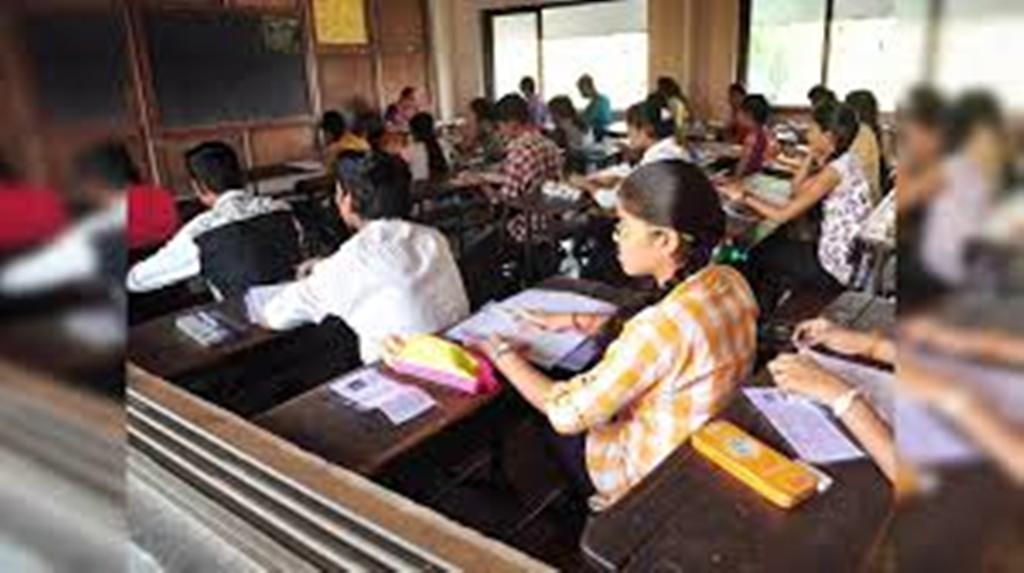The delayed admission process under the Right to Education (RTE) quota, caused by an ongoing court case, has led to these children beginning school nearly a month later than their classmates. This delay presents a challenge for schools, which must now make up for a month of academic instruction for students in pre-primary or Std I. Mrunalini Dasture, principal of The South Public School, said while it’s always a challenge to play catch-up, the advantage is that teachers have honed those skills over the years.
“Earlier this week we explained parents of the RTE kids how we will proceed to ensure that their wards face no issues with studies. Remedial classes are an option if the students are lagging. It is up to individual teachers to take the broader plan forward as every student, every class is different. So the pace, the quantum of study needs to be curated for specific cases.”
According to current regulations, RTE admissions are only permitted at the entry level. If a school begins with pre-primary, RTE admissions are made at that level; otherwise, they are made at Std I. As a result, all RTE students typically have minimal or no prior schooling experience.
Dasture also pointed out that the National Education Policy (NEP) and the updated National Curriculum Framework (NCF) have provided additional benefits for schools. He stated, “Now, students in Std 1 and 2 are not burdened with excessive writing tasks. They are part of what is now referred to as the ‘foundational stage,’ where the emphasis is on recognizing objects, numbers, alphabets, and similar basics. This approach has made it easier for first-time students to catch up academically with their peers.”
👉 Click here to read the latest Gujarat news on TheLiveAhmedabad.com



